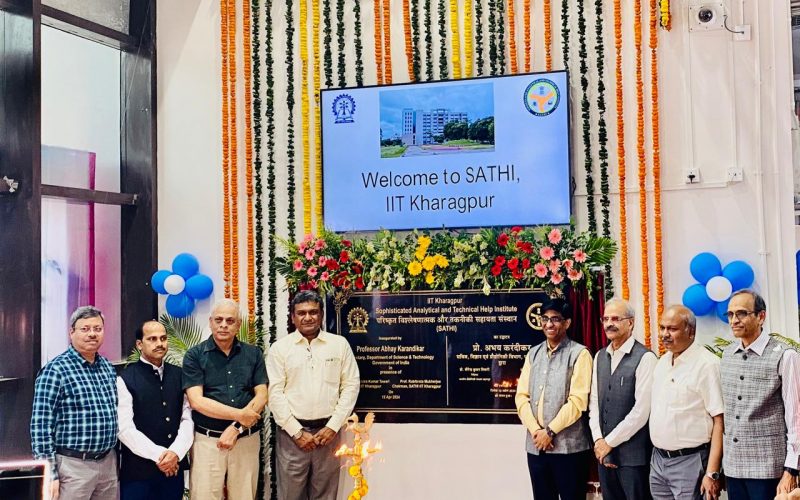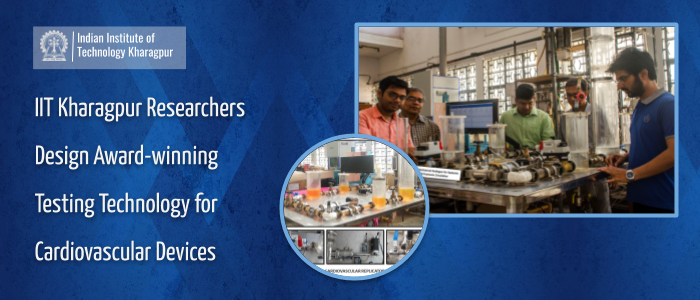
DST Secretary Prof. Abhay Karandikar inaugurates SATHI facility at IIT Kharagpur
Prof. Abhay Karandikar, Secretary, Department of Science & Technology (DST) visited Sophisticated Analytical & Technical Help Institute (SATHI) facility, a flagship programme of DST, GOI, hosted at IIT Kharagpur and inaugurated the highly sophisticated R&D infrastructure: Time-of-Flight Secondary Ion Mass Spectrometry (TOF-SIMS) and High-Resolution Aberration Corrected Transmission Electron Micron (HRTEM), one of its kind, on 12th April, 2024 in the presence of Prof. V K Tewari, Director; Prof. Amit Patra, Deputy Director; Prof. Rintu Banerjee, Dean, R&D; Prof. Rabibrata Mukherjee, Chairman, SATHI of IIT Kharagpur along with the students, faculty and staff members of the institute and other officials of…


